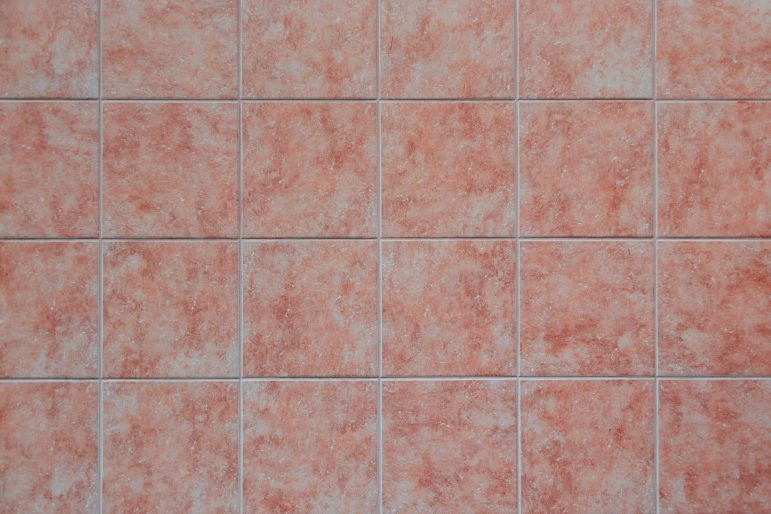Antimicrobial testing using new ISO standards is now available from the Life Sciences Research department of the Tile Council of North America (TCNA) Product Performance Testing Laboratory.
While many existing microbiological test methods can be applied to various materials or have been developed specifically for materials such as plastics and fabrics, very few previously applied specifically to ceramic tile.
The two new ISO test standards, published in late 2021, test for the antibacterial activity of ceramic surfaces (including surfaces with antimicrobial coatings) using two different bacteria, E. coli and S. aureus and take into consideration properties that are unique to ceramic products.
- ISO 17721-1, 2021 Quantitative determination of antibacterial activity of ceramic tile surfaces — Test methods — Part 1: Ceramic tile surfaces with incorporated antibacterial agents
- ISO 17721-2, 2021 Quantitative determination of antibacterial activity of ceramic tile surfaces — Test methods — Part 2: Ceramic tile surfaces with incorporated photocatalytic antibacterial agents
“Architects and designers are seeking to specify building materials that are resistant to microorganisms and easy to clean and sanitize while at the same time provide the aesthetics they need,” stated Dr. Jyothi Rangineni, Director of Research at TCNA. “Therefore, antimicrobial ceramic surfaces—surfaces that can kill, resist, or inhibit the growth of microorganisms—will have significant impact for the built environment in the wake of COVID-19.”
As part of her work in the International Standards Organization (ISO) Technical Committee 189 on Ceramic Tiles, Dr. Rangineni chaired the effort that led to the development of these antimicrobial testing standards with the participation of industry and academic experts from all over the world. She and her colleagues are now working to develop antiviral and antifungal test methods specific to ceramic tile.
“Surfaces that prevent transmission and the spread of disease are in high demand, and many new technologies and products have been developed to address this interest. For such products, it’s important for product warranties, marketing, and new product development to test to these standards if promoting the efficacy of their antimicrobial properties,” said Katelyn Simpson, TCNA’s Director of Laboratory Services.
TCNA is a North Amercan trade association representing manufacturers of ceramic tile, tile installation materials, tile equipment, raw materials, and other tile-related products. The council is recognized for its leadership role in facilitating the development of North American and international industry quality standards to benefit tile consumers. Additionally, TCNA regularly conducts independent research and product testing, works with regulatory, trade, and other government agencies, and publishes installation guidelines, tile standards, economic reports, and promotional literature.








